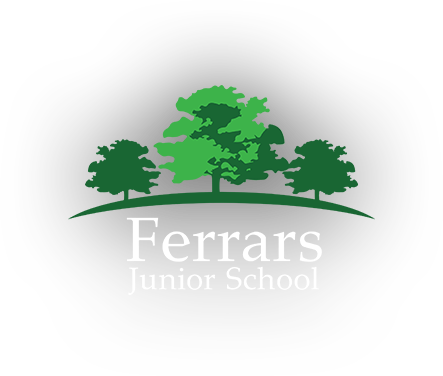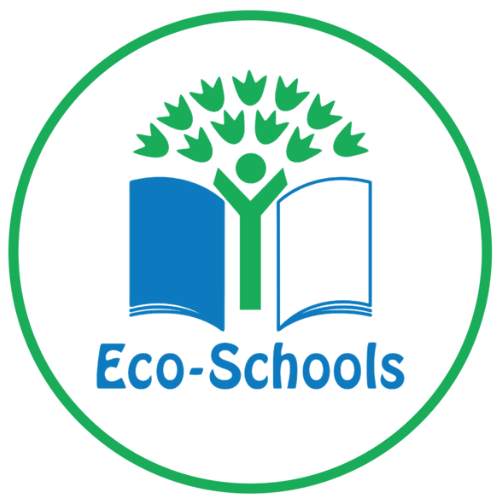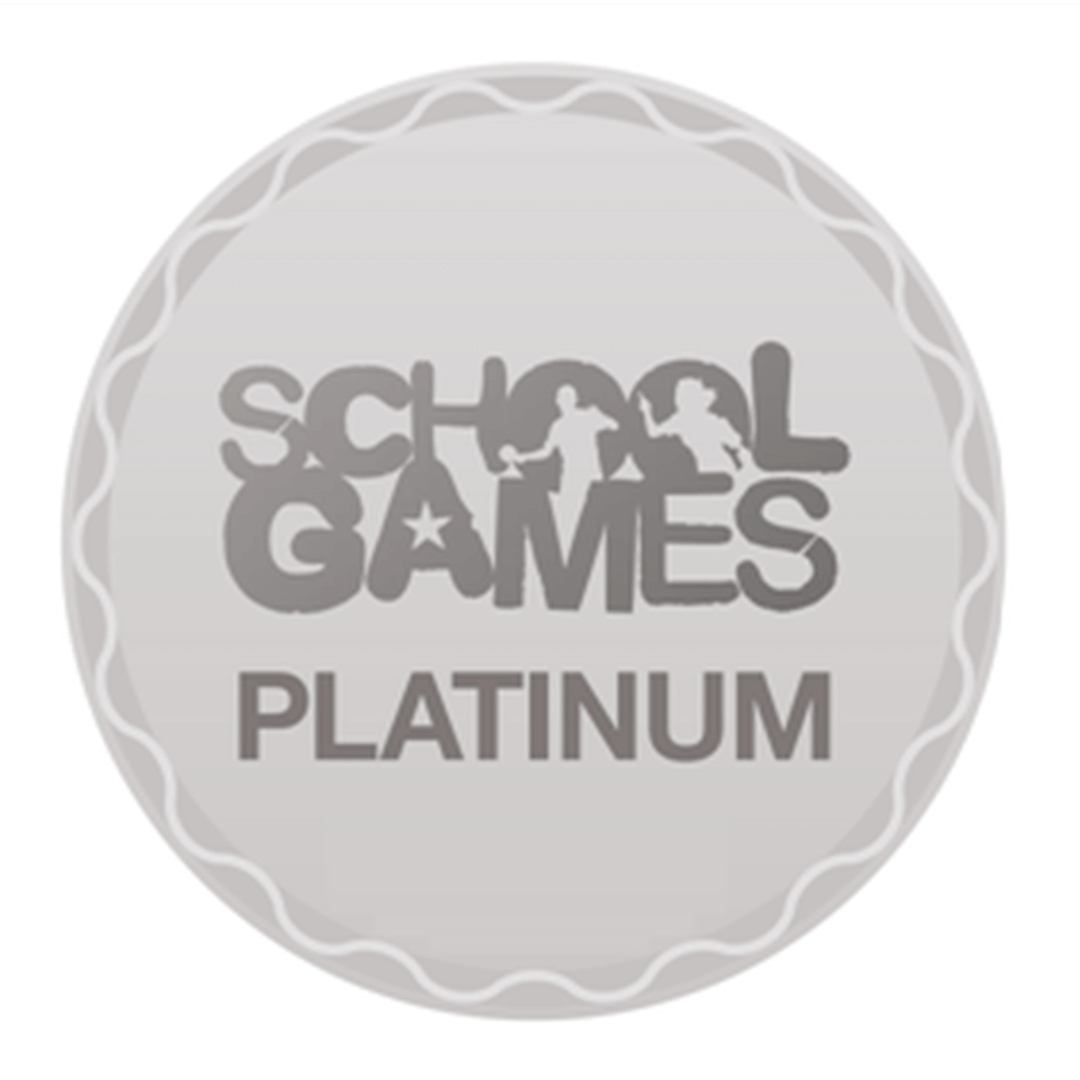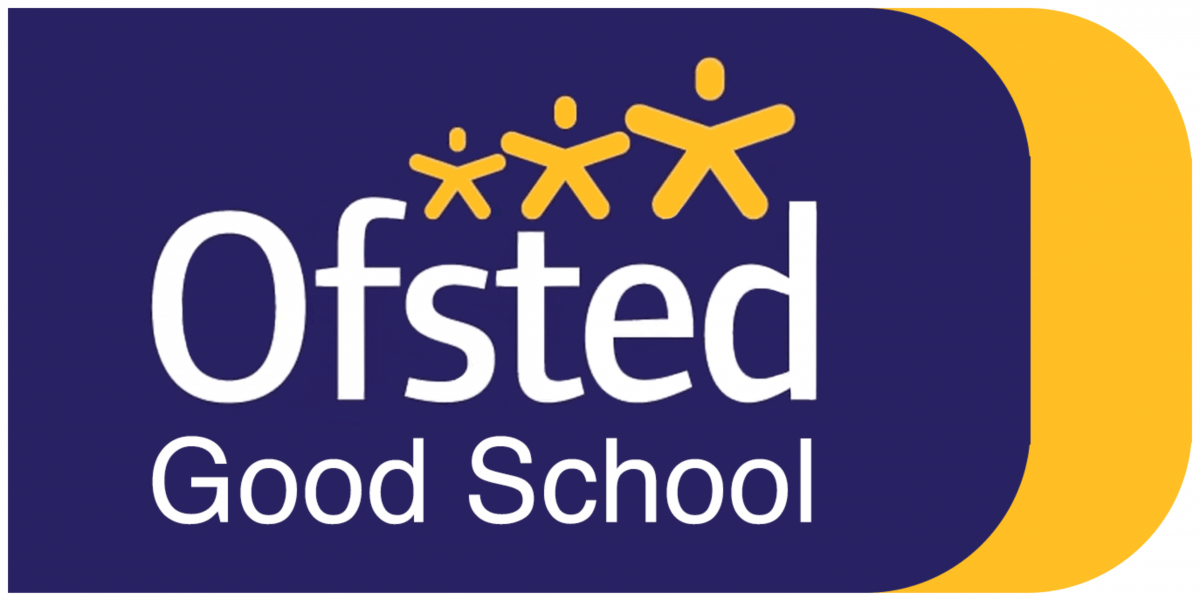Computing Intent, Implementation & Impact
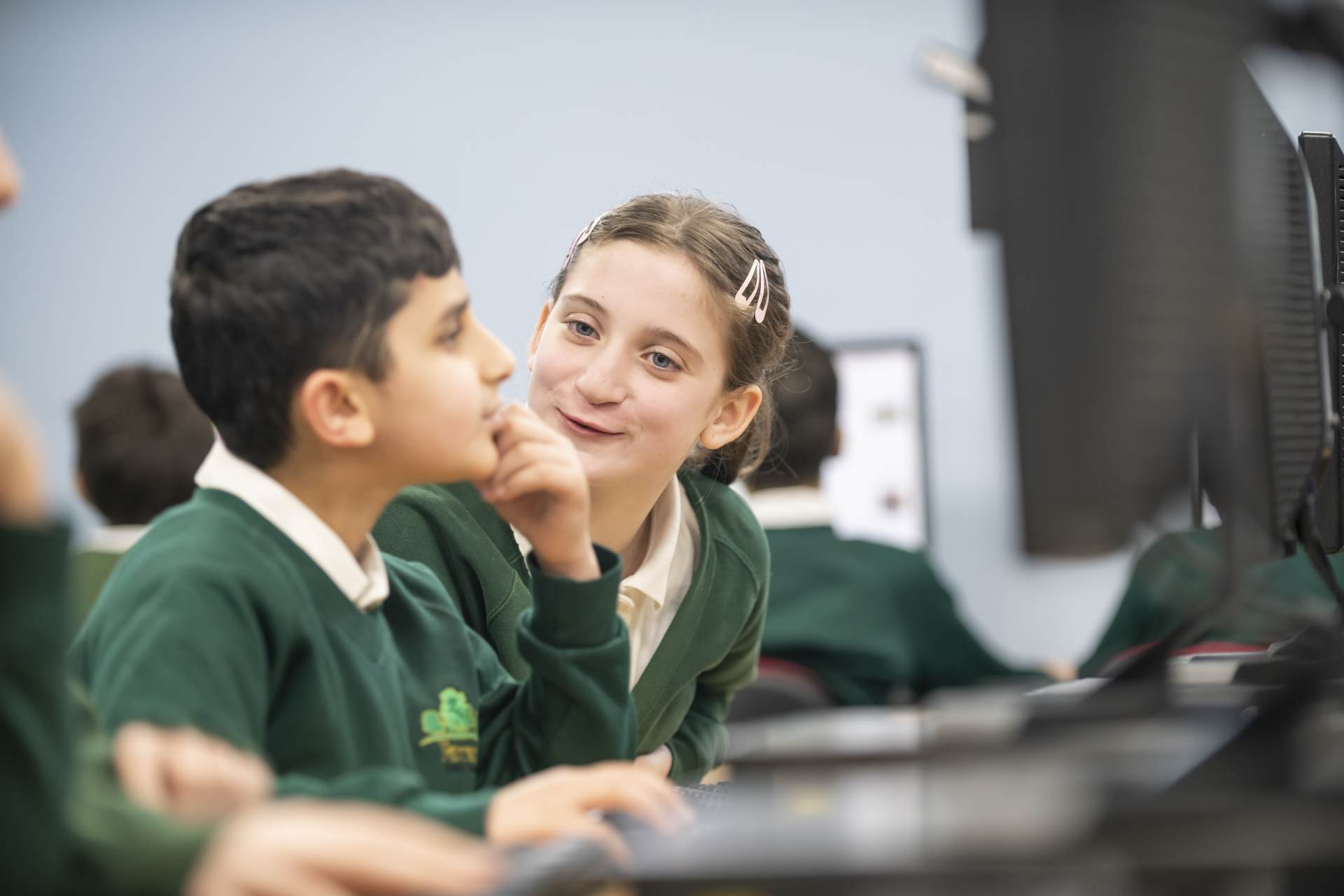
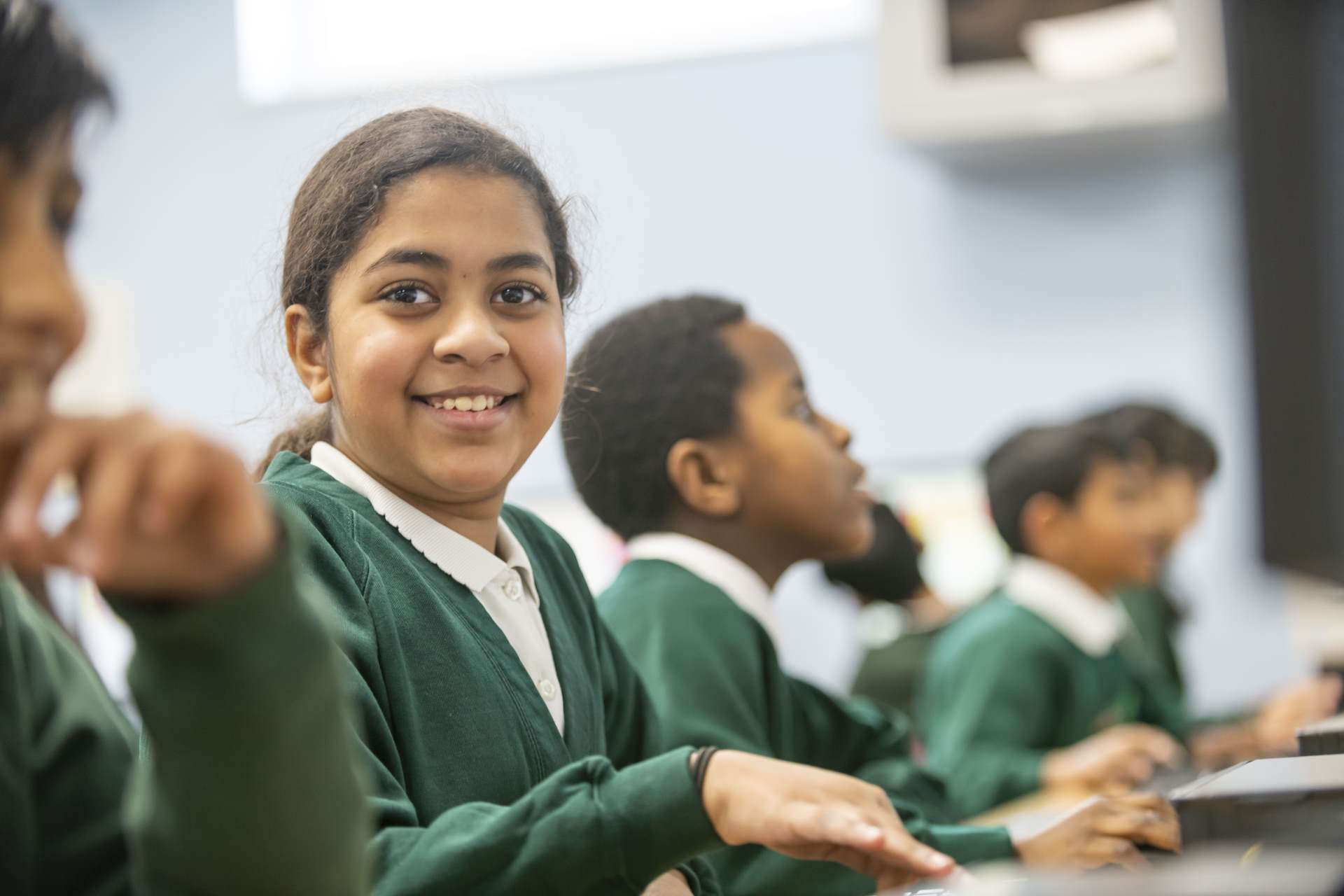
Intent
At Ferrars Junior School, we want pupils to be independent, forward thinkers of technology and not passive learners. We intend that children should master Computing to such an extent that they can go on to have careers within Computing and make use of Computing and Technology effectively in their everyday lives. Technology is everywhere nowadays and will play a pivotal role shaping and influencing pupils’ lives. Therefore, we aim to model and educate our pupils’ on how to use technology that reflects our school rules; being safe, responsible and respectful and being mindful of how their behaviour, words and actions can affect others.
When teaching computing, we equip children with the skills required to use computers effectively to enable them to maximise their potential. To do so, we deploy teaching strategies through the Purple Mash scheme of work that promotes resilience, independence, critical thinking, communication skills and problem solving. We intend on delivering a broad curriculum which encourages a love of learning for children within a progressive sequence. We want our pupils to understand that there is always a choice when accessing technology, and as a school, in particular with ‘social media’ - we aim to model positive use through our Computing lessons and Jigsaw lessons.
Upon leaving Ferrars Junior School, we aim for children to become confident users of computing and responsible digital citizens who are ready to meet the challenges of their digital future.
Implementation
From Year 3 upwards, the children are designated one lesson of Computing learning a week. We use Purple Mash as a cohesive scheme of work addressing the statutory aspects of the National Curriculum.
Computing is branched into three aspects: Computer Science; Information Technology; and Digital Literacy, so that our pupils are set a relevant, challenging continuum of age-related skills and knowledge for their own year groups within Key Stage 2. Pupils will be taught to:
- Design, write and debug programs that accomplish specific goals, including controlling or simulating physical systems; solve problems by decomposing them into smaller parts.
- Use sequence, selection and repetition in programs; work with variables and various forms of input and output; generate appropriate inputs and predicted outputs to test programs.
- Use logical reasoning to explain how a simple algorithm works and to detect and correct errors in algorithms and programs.
- Understand computer networks including the internet; how they can provide multiple services, such as the world-wide web; and the opportunities they offer for communication and collaboration.
- Describe how internet search engines find and store data; use search engines effectively; be discerning in evaluating digital content; respect individuals and intellectual property; use technology responsibly, securely and safely.
- Select, use and combine a variety of software (including internet services) on a range of digital devices to accomplish given goals, including collecting, analysing, evaluating, and presenting data and information.
Impact
Within Computing, we encourage a creative and collaborative environment in which pupils can learn to express and challenge themselves whilst still enjoying and valuing their learning. Essentially, we ask the ‘why’ and not just the ‘how’ to explore the depth of each objective within a stimulating environment that encourages children to discuss, reflect and appreciate the impact that Computing has on their learning, development and wellbeing.
The success of the curriculum itself will be assessed via the analysis of yearly progress data, conducting regular pupil voice sessions, lesson observations and skills audits. This will then inform future adaptions of the schemes of work and help to ensure that progression is evident throughout school.
In order to demonstrate that we have accomplished our aims, pupils at Ferrars Junior School should:
- Be enthusiastic and confident in their approach towards Computing.
- Present as competent and adaptable ‘Computational Thinkers’ who are able to use identified concepts and approaches in all of their learning.
- Be able to identify the source of problems and work with perseverance to ‘debug’ them.
- Create and evaluate their own project work.
- Have a secure understanding of the positive applications and specific risks associated with a broad range of digital technology.
- Transition to secondary school with a keen interest in the continued learning of this subject.

